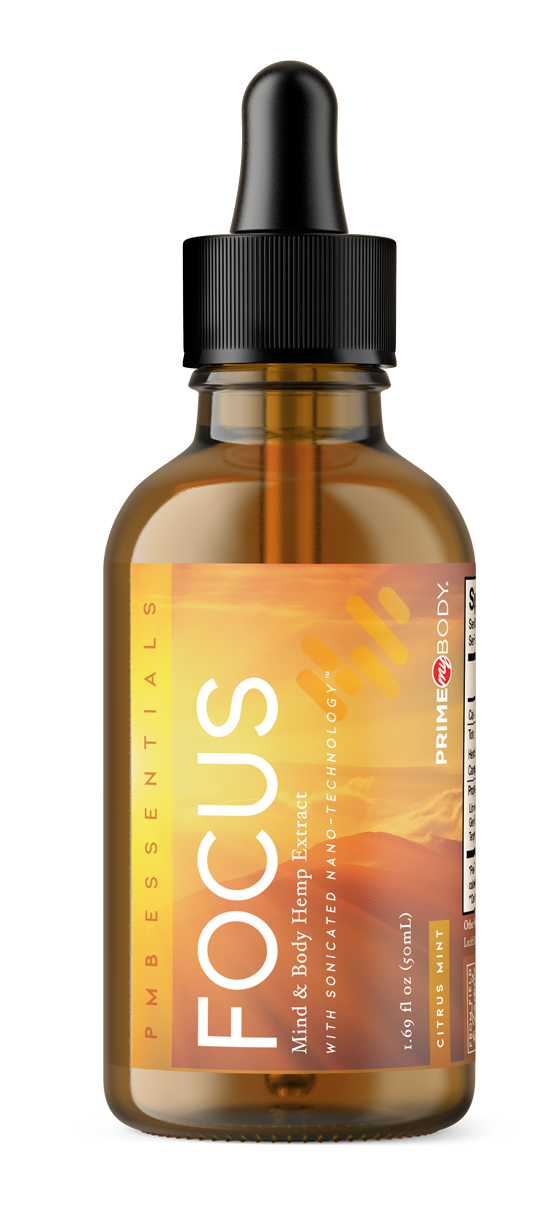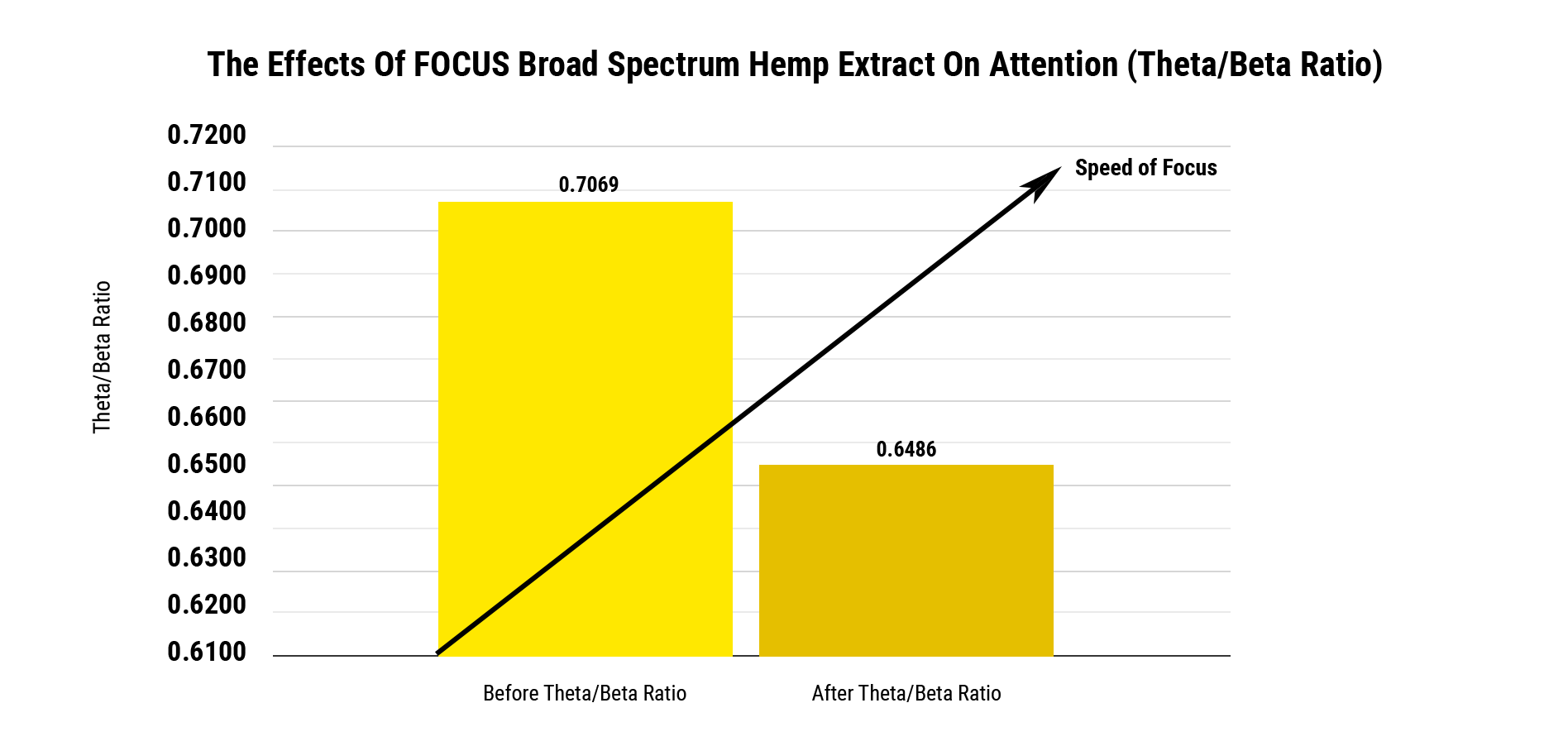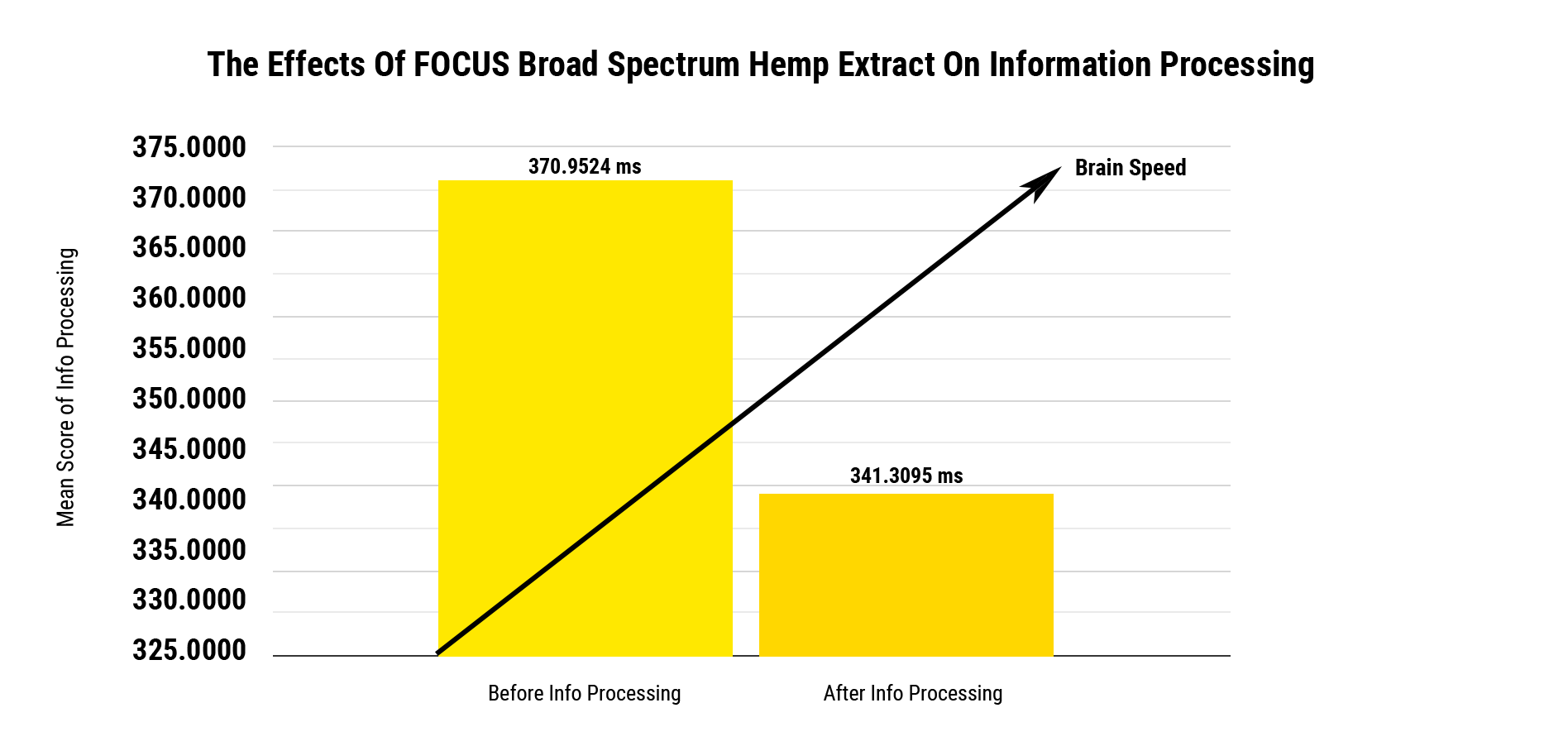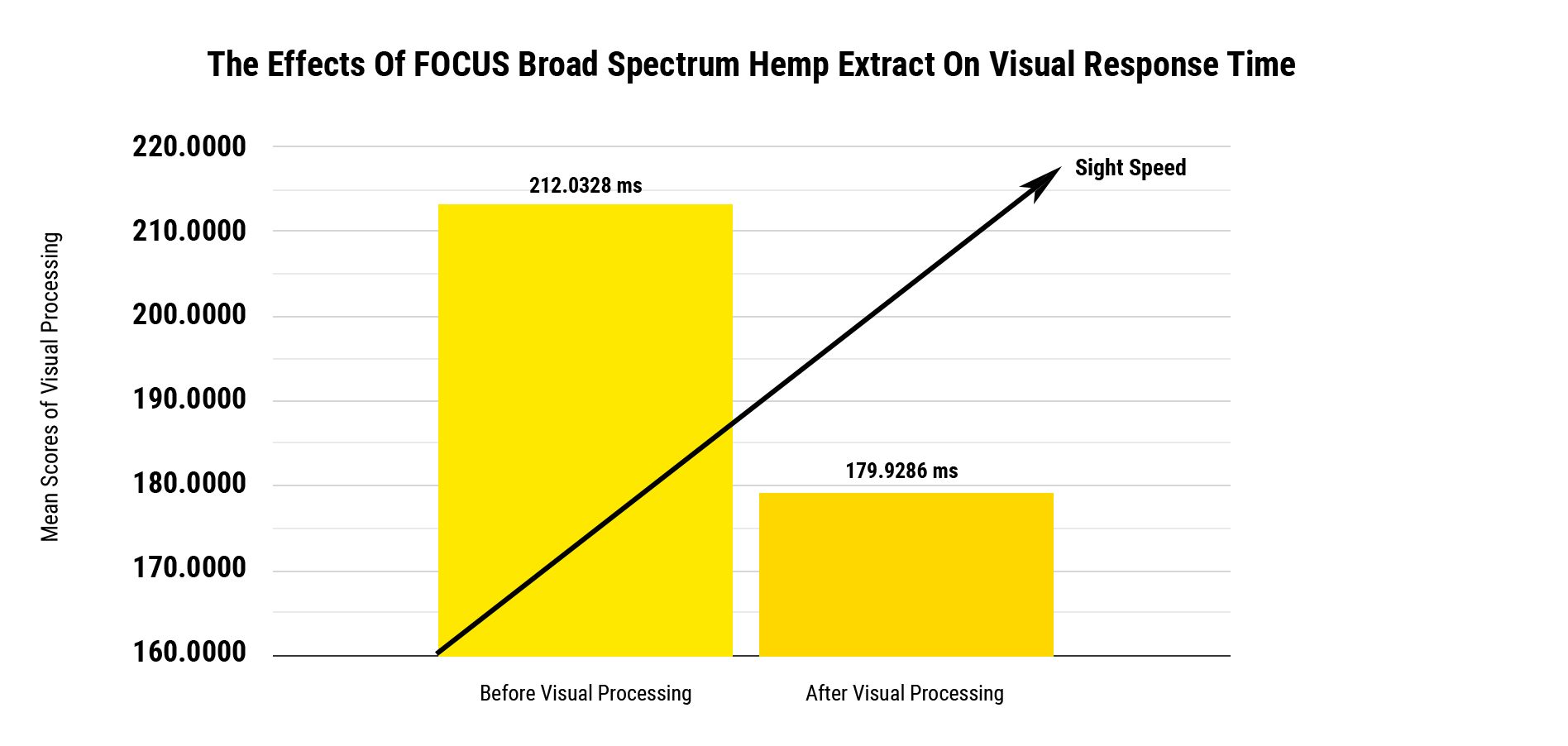
Former Player Study

OUR FOCUS IS THEIR FOCUS
Former professional football players, like NFL Hall of Famers Andre Reed and Willie Roaf, dedicated their bodies and minds to a game that gave them pure joy and provided their fans and families with years of awe.
But after walking away from the game, many are now left tattered by the emotional and mental torment that comes with a career playing a violent sport. Not only are these former players affected by the burdens of impulsive behavior, depression, suicidal thoughts, irritability, sleep disorders, and short-term memory loss, their families and loved ones feel their anguish right along with them.
To us, it’s not about whether these athletes knew about the risks prior to or during their playing days. It’s about providing a safe, reliable wellness solution so they can enjoy a lifetime of well-being off the field.
In support of the brotherhood of former football players, our player-specific brain screenings prove that PrimeMyBody’s FOCUS hemp extract helps restore mental performance and uplifts the cognitive health of athletes who deserve it most.
Former Football Player Participation
Our Former Player Study screenings were coordinated in partnership with former NFL players and brain health advocates, Brian Jones and Kenyon Rasheed. During a 3-day screening period, 42 former NFL players agreed to participate in FOCUS-specific brain activity screenings. Screenings were conducted and during the week leading up to Super Bowl LIV in Miami, Florida. Each screening was overseen and managed by Dr. Cheng Ruan.
A main goal of these screenings was to observe brain activity of former NFL player participants in an effort to understand their cognitive struggles after years of playing an aggressive sport and if FOCUS broad spectrum hemp extract benefitted their overall brain health and quality of life. Specifically, we wanted to gauge how these former professional athletes responded cognitively, emotionally and physiologically to the use of FOCUS broad spectrum hemp extract, and how their brain activity results compared to the normal population in regard to brain health.
Each brain activity screening was conducted using PrimeMyBody’s proprietary hemp-based supplement FOCUS broad spectrum hemp extract.
WILLIE ROAF
"Once you start using FOCUS consistently you're going to notice the difference in how you feel, how you concentrate, and how much more energy you have throughout the day. I recommend FOCUS for all the NFL guys and for everyone."
Meet Willie Roaf

OUR DATA METHODS
Brain screenings observed a number of screening markers, including attention span, brain efficiency, memory, reaction times, and how brain activity compared to others in similar age and gender demographics. Before the qEEG brain mapping screenings took place, each participant was explained what the entire process would entail, the risks and benefits of the screening, and what brain activity metrics would be observed prior to and following the administering of FOCUS. Prior to participation, each former NFL player participant gave full consent to have their screening observations and results released.
Upon the onset of brain activity screenings each individual participant completed a cognitive-based questionnaire. Each participant was then administered 1mL of FOCUS broad spectrum hemp extract and asked to repeat the completion of a follow-up cognitive-based questionnaire and auditory question and answer tasks.

SCREENING A DATA
The Effects Of FOCUS Broad Spectrum Hemp Extract On Attention (Theta/Beta Ratio) Objectives/Hypothesis
FOCUS will have a significantly better effect on the theta/beta ratio, traditionally used as a marker of the brain’s ability to sustain attention.
Subject Base & Administration Methods
42 former NFL players volunteered to undergo brain mapping with the qEEG based device, NeuralScan. The subjects consented to the testing and were introduced to the technology prior to screening tasks. A trained technician gave clear directions for testing. Electrodes with conductive gel were placed on subjects’ heads with confirmation of sensor sensitivity as evidenced by the NeuralScan software. A baseline NeuralScan evaluation was performed initially. The subjects were given 1 mL of FOCUS and another brain mapping was performed moments following administration.

Enrolled Subjects: 42
Completed Observations: 42
Results/Outcome
Mean theta/beta ratio baseline testing (before subjects took FOCUS) was 0.7069 with a standard deviation of .0.178. After taking FOCUS, this decreased to 0.6486 with a standard deviation of 0.176. The difference is statistically significant with a p value of 0.001.
Conclusion
The theta/beta ratio has been valued as a marker of the brain’s ability to sustain attention, as well as a marker to determine the brain’s performance under stress. We find here that there is a statistically significant decrease in theta/beta ratio, which may correlate with the brain’s improved ability to sustain attention and resilience toward stress.

SCREENING B DATA
The Effects Of FOCUS Broad Spectrum Hemp Extract On Information Processing
Objectives/Hypothesis
FOCUS is able to improve information processing speed of the brain.
Subject Base & Administration Methods
42 former NFL players volunteered to undergo brain mapping with the qEEG based device, NeuralScan. The subjects consented to the testing and were introduced to the technology prior to screening tasks.. A trained technician gave clear directions for testing. Electrodes with conductive gel were placed on the subjects’ heads with confirmation of sensor sensitivity as evidenced by the NeuralScan software. A baseline NeuralScan evaluation was performed initially. The subjects were given 1 mL of FOCUS and another brain mapping was performed moments following administration.

Enrolled Subjects: 42
Completed Observations: 42
Results/Outcome
Mean information processing speed at baseline testing (before subjects took FOCUS) was 370.9 ms. After taking FOCUS, this decreased to 341.3 ms. The difference is statistically significant with a p value of 0.010.
Conclusion
The ability for qEEG device to quantify processing speed is a great tool to assess overall brain wellness. We find here that there is a statistically significant improvement in brain processing speed after FOCUS was taken by the subjects. This is very promising and encouraging since the improvement was so apparent. Although clinical improvements were not recorded, it was obvious that for most of the former NFL players that were screened they felt a significant subjective improvement as well.

SCREENING C DATA
The Effects Of FOCUS Broad Spectrum Hemp Extract On Visual Response Time
Objectives/Hypothesis
FOCUS is able to improve visual response time.
Subject Base & Administration Methods
42 former NFL players volunteered to undergo brain mapping with the qEEG based device, NeuralScan. The subjects consented to the testing and were introduced to the technology prior to screening tasks. A trained technician gave clear directions for testing. Electrodes with conductive gel were placed on the subjects’ heads with confirmation of sensor sensitivity as evidenced by the NeuralScan software. A baseline NeuralScan evaluation was performed initially. The subjects were given 1 mL of FOCUS and another brain mapping was performed moments following administration.
A visual evoked potential is an evoked potential caused by a visual stimulus, such as an alternating checkerboard pattern on a computer screen. Responses are recorded from electrodes that are placed on the back of the head and are observed as a reading on an electroencephalogram (EEG). These responses usually originate from the occipital cortex, the area of the brain involved in receiving and interpreting visual signals.

Enrolled Subjects: 42
Completed Observations: 42
Results/Outcome
Mean visual processing speed at baseline testing (before subjects took FOCUS) was 212 ms. After taking FOCUS, this decreased to 179 ms. The difference is statistically significant with a p value of 0.004.
Conclusion
Visual processing is a measurement of how fast the nerve that travels from the brain to the eyes conducts information. This is measured when visual stimulus is provided on a laptop screen and the electrodes on the scalp are able to determine electrical spikes in the brain which correlate with the brain processing the image. There are multiple environmental factors that can affect the speed of visual processing. This data is encouraging since very few things in nature have been shown to significantly improve this value.